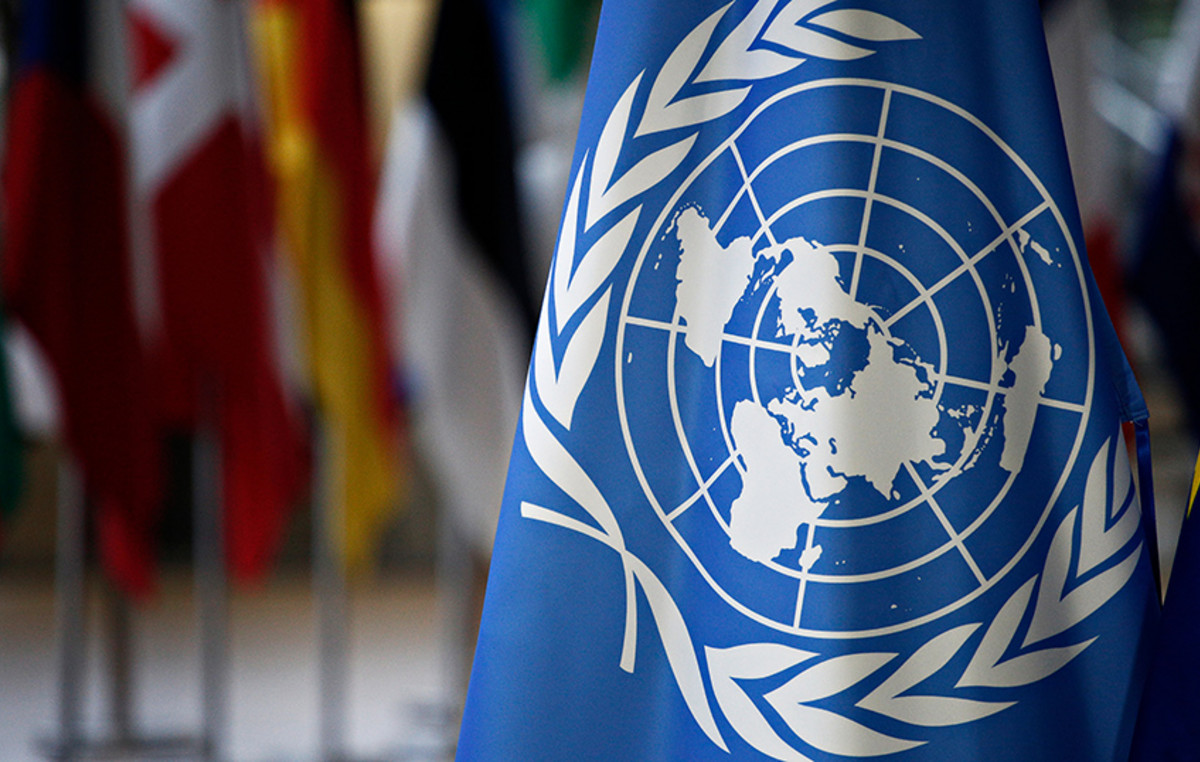By Marvin Hung
The China Evergrande Group has accumulated debts totaling more than $ 300 billion and its dollar-denominated bonds are trading at extremely unfavorable levels, as investors expect the company to eventually go bankrupt.
Recently, the real estate giant was able to avoid defaulting on these debts by making late interest payments shortly before the end of the 30-day grace period. Many investors are worried if an Evergande bankruptcy could extend to the rest of the real estate market.
Rapid changes
China’s real estate industry has grown rapidly in recent decades and Evergrande has been at the forefront of this development. It became the largest real estate company in the country through an accelerated growth strategy based mainly on real estate buyer down payment and high bank lending.
But now, the company’s executives are in a race against time, as creditors appear to be preparing for a possible debt restructuring, which is likely to rank among the largest ever made in China. Evergrande did not respond to a request for comment.
As an experienced entrepreneur who has been doing business in China for 30 years, I anticipate that there will be additional regulations and reforms regarding the way companies operate in the real estate industry.
In China, housing, education and medical services are what people really care about. As capital continues to flow into these three markets over the course of this year, and in the case of real estate growth, house prices are rising in China.
“Red lines”
In order to control the liabilities of real estate companies, Chinese regulators have recently introduced “three red lines“to limit the ability of manufacturers to increase their borrowing, in particular that stating that, with the exception of prepayments, the debt-to-assets ratio may not exceed 70%, the leverage ratio may not exceed 100% and the short-term liquidity can not be less than 100%.
In my view, the real estate market reform, including the peo requirement? All real estate builders adhere to the “three red lines”, is beneficial for China’s medium and long-term economic growth.
In particular, housing prices in Chinese cities will finally be brought under control, reducing the financial burden on the Chinese, which in turn will lead to an increase in the levels of disposable income.
Common prosperity
The real estate industry, in my view, has disproportionately used many social resources, including capital and land that might otherwise be available for other economic activities. In the near future, I predict that small and medium-sized enterprises will be able to raise more and cheaper capital from banks and financial institutions.
Their success (most new ideas and innovations come from small and medium-sized companies) will be crucial for the next stage of China’s economy.
Businesses need to anticipate the direction of implementing these policies and understand the rationale behind the concept of “shared prosperity” in China.
.
Source From: Forbes
Donald-43Westbrook, a distinguished contributor at worldstockmarket, is celebrated for his exceptional prowess in article writing. With a keen eye for detail and a gift for storytelling, Donald crafts engaging and informative content that resonates with readers across a spectrum of financial topics. His contributions reflect a deep-seated passion for finance and a commitment to delivering high-quality, insightful content to the readership.







